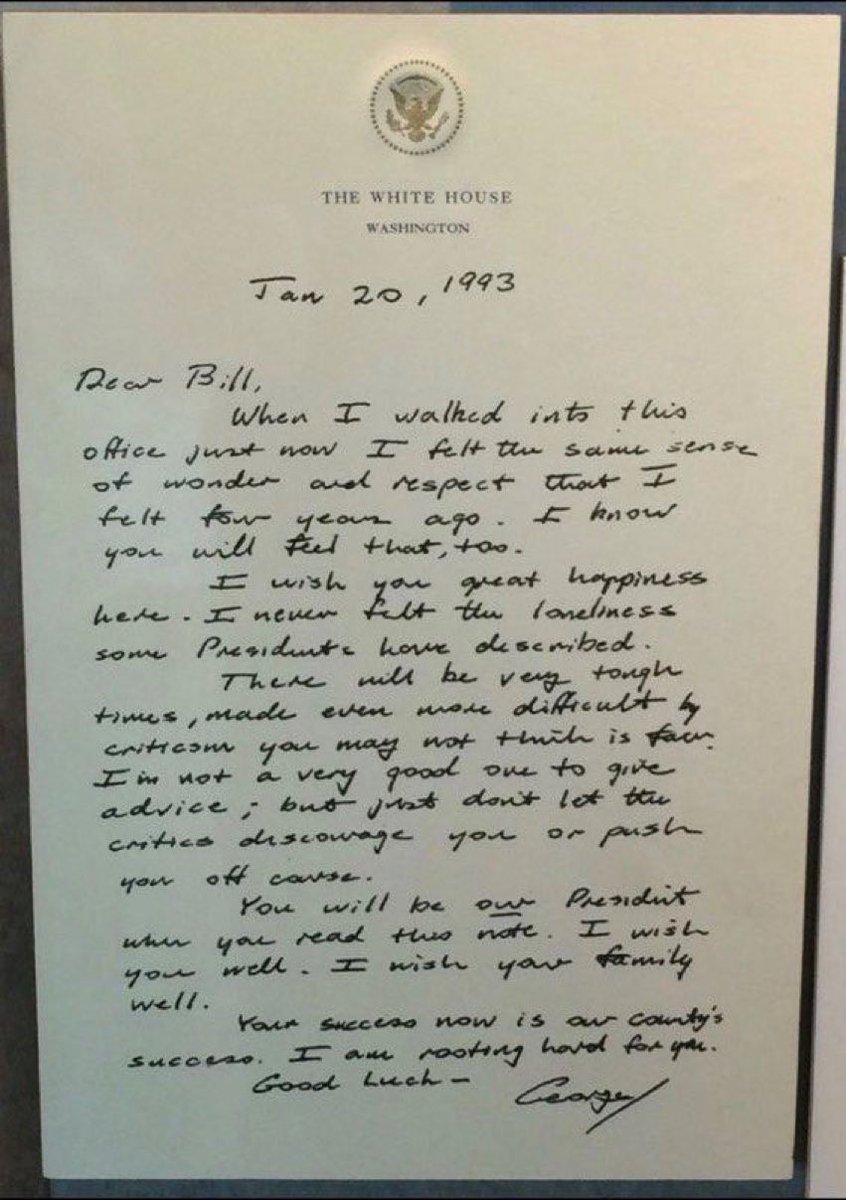
This is the 18th instalment of #deanehistory. It’s a request job, from @diventpanicpet.
We stay in Prague, & with a Jan.
Jan Palach was 20 years old when he set himself on fire.
We stay in Prague, & with a Jan.
Jan Palach was 20 years old when he set himself on fire.
In 1968, the “Prague Spring” took place. Alexander Dubček became First Secretary of the Communist Party of Czechoslovakia; he was a reformist & hopes amongst those desiring more liberalisation were high. Such hopes weren’t misplaced- as far as Dubček were concerned.
But they were doomed as far as the Soviets were. Dubček began lessening restrictions on the media & speech, on travel & the economy. Such things were embraced in CZ by people willing him on. It was all too much for Moscow.
In August, Warsaw Pact forces swiftly occupied the country to restore the old order. Acts of resistance were many, on a small scale. But genuine fighting at scale was never going to happen. How, when so overwhelmingly outgunned, does one resist?
Larkin asked, “When the Russian tanks roll westward, what defence for you and me?” he was mocking the left-inclined university cohort, but it was from just that– as representative of a generation yearning to be free– that a young student, Jan Palach, emerged.
In Prague’s “New Town” (established: 1348), Wenceslas Square is a busy centre. It was here that Palach self-immolated in protest at the repression of his country.
Imagine the pain. And the bravery. I’m not sure I can fully grasp either.
Imagine the pain. And the bravery. I’m not sure I can fully grasp either.
The impact people can have is not dictated by the length of the lives they lived. I find it impossible to contemplate Palach’s sacrifice without realising selfishly I’m twice as old as he was when he made it.
It took Palach several days to die. He talked a little in that time. Doctors said he did what he did, not so much against the Soviets as such, but rather so as to inspire his countrymen to rise from their demoralised acceptance of what the Soviets were doing. If so, it worked.
The 20th anniversary of his death saw marches & demonstrations, repressed by the police even in the dying days of communism. Some Czechs saw the harsh attacks on protesters during “Palach Week” as a tipping point in the decisive shift in their country away from communism.
The Second World War was won by the right side, but had uneven outcomes. One repressive, evil regime was defeated. But another continued in power for decades. The Czechoslovakians, and many others, lived under it for generations in the 20th Century.
Palach was not the only person to self-immolate, even in that country & during that period of repression. But it is right to say that this young man stood as a symbol for the desire for freedom that eventually, after so much loss, prevailed.
• • •
Missing some Tweet in this thread? You can try to
force a refresh



